 1778 - General George Rogers Clark took 150 men plus families down the Ohio River by flatboats. He was on a secret mission to conquer four British forts west of the Mississippi River. The success of Clark's plan added five states to the Union, Indiana, Ohio, Illinois, Wisconsin, and Michigan.
1778 - General George Rogers Clark took 150 men plus families down the Ohio River by flatboats. He was on a secret mission to conquer four British forts west of the Mississippi River. The success of Clark's plan added five states to the Union, Indiana, Ohio, Illinois, Wisconsin, and Michigan.
Tuesday, December 30, 2008
Subscribe to:
Post Comments (Atom)
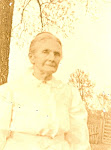
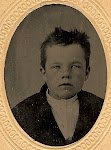
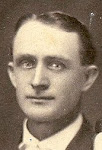

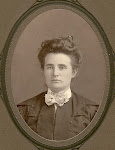
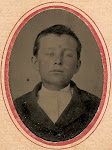
.jpg)
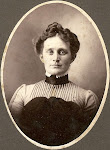
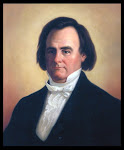
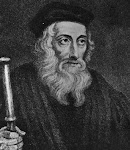
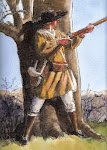
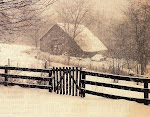



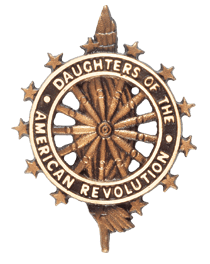
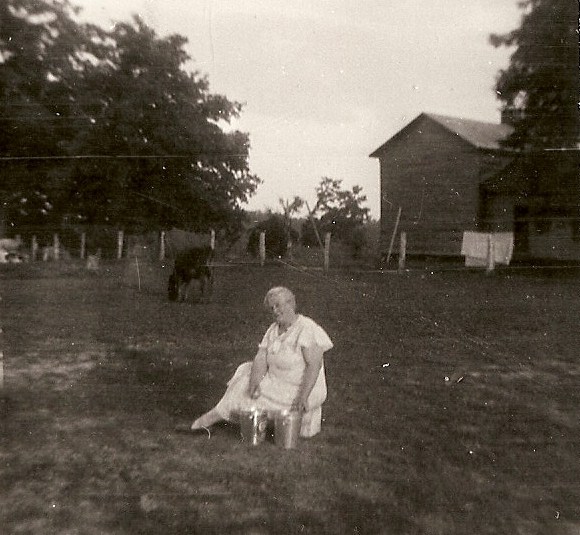
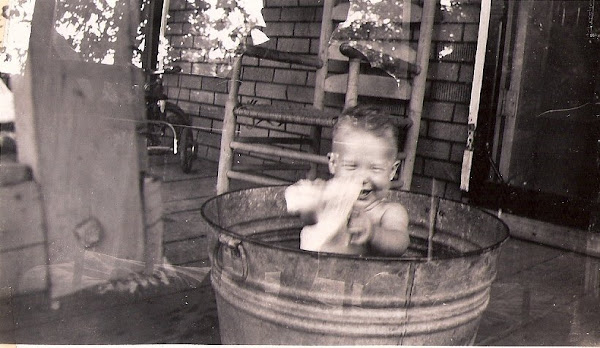
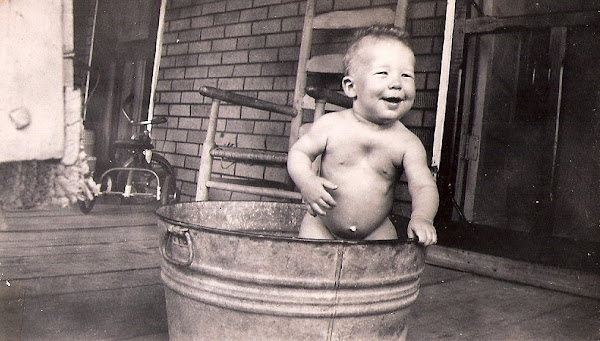
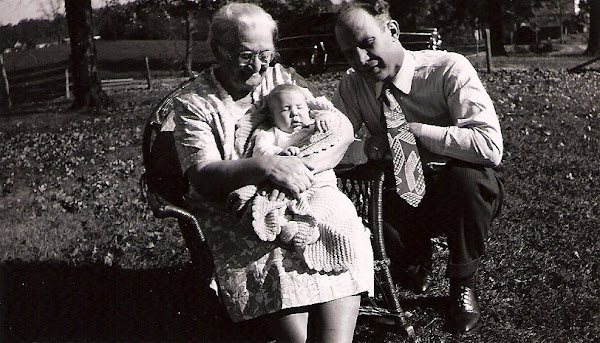
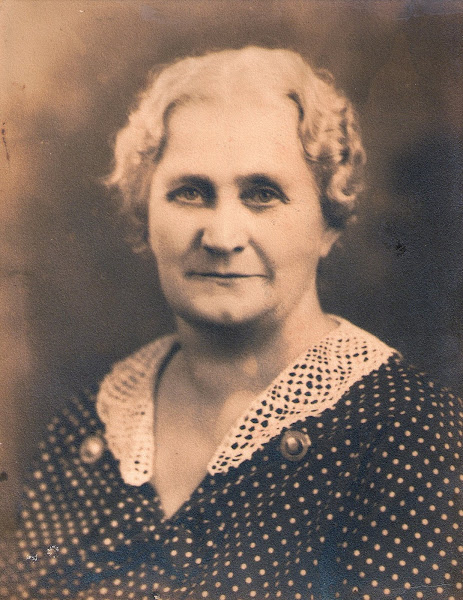

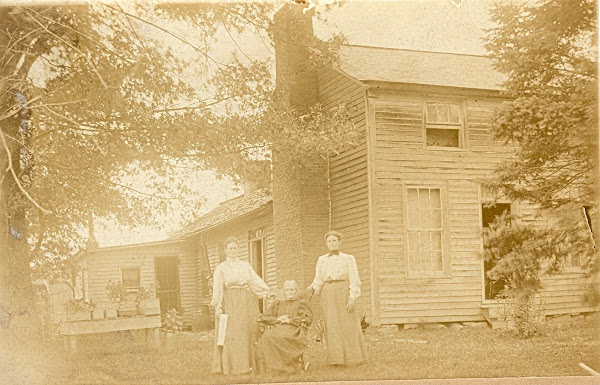


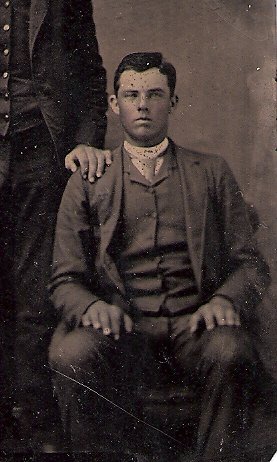



.jpg)

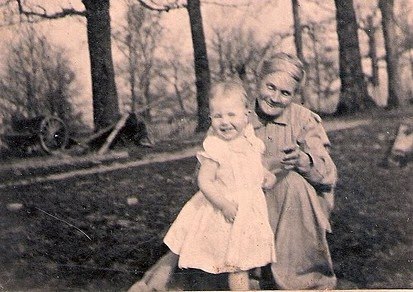
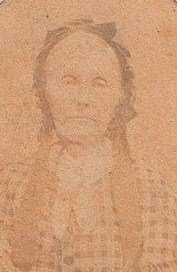
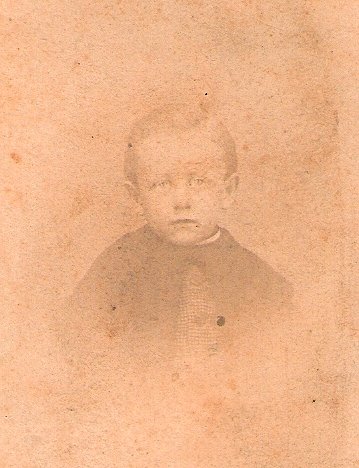

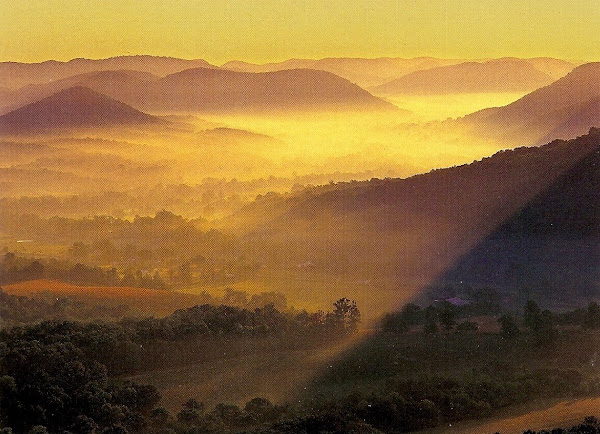


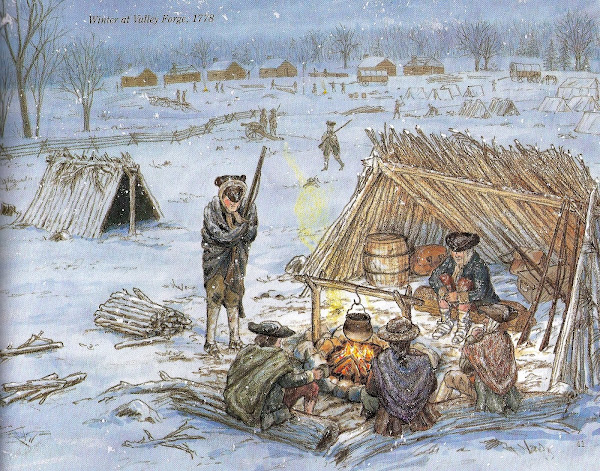




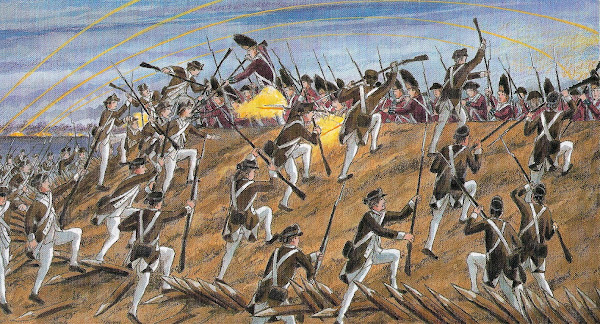


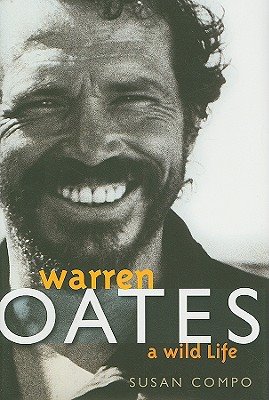


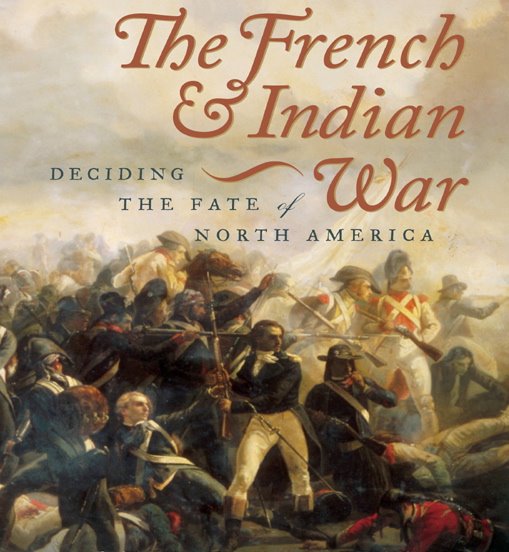
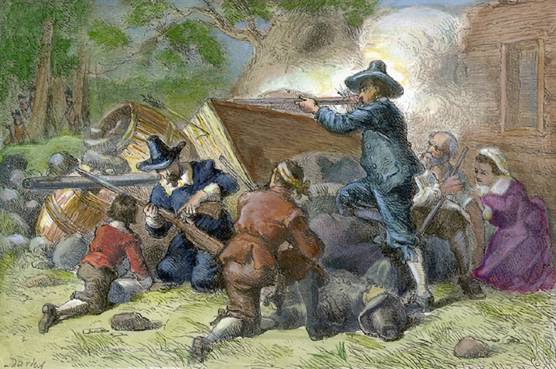
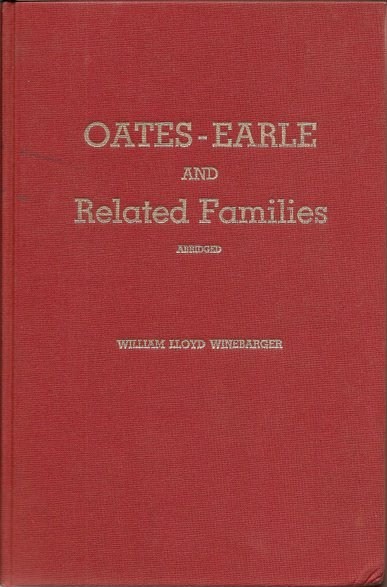


3 comments:
I have been doing research on the descendants of Rachel Oates Boggess Wickliffe for about 7 years and I just happened upon your site! I would love to have some of these wonderful pictures! Please contact me at manderskids@yahoo.com. Thank you!
1. A cousin on ancestry.com emailed me to say she grew up in Muhlenberg County. Her parents spoke of Rachel and a slave girl being tried for killing Rachel's first husband by hammering a stake into his head as he slept. Both women were found innocent due to lack of evidence.
2. At a Filson Historical Society lecture by Kent Masterson Brown, I learned that my Great Uncle Charles Wickliffe was a lawyer and judge before becoming a one term Kentucky Governor. He was the judge that decided against Thomas Lincoln in his struggle to hold onto his Kentucky farm. Judge Wickliffe's decision sent the Lincoln's to Indiana. That decision stated Abe on his path to
Illinois, the study of law, politics and becoming our 16th president.
That decision started Abe on his path to Illinois, the study of law, politics and becoming our 16th president.
Post a Comment